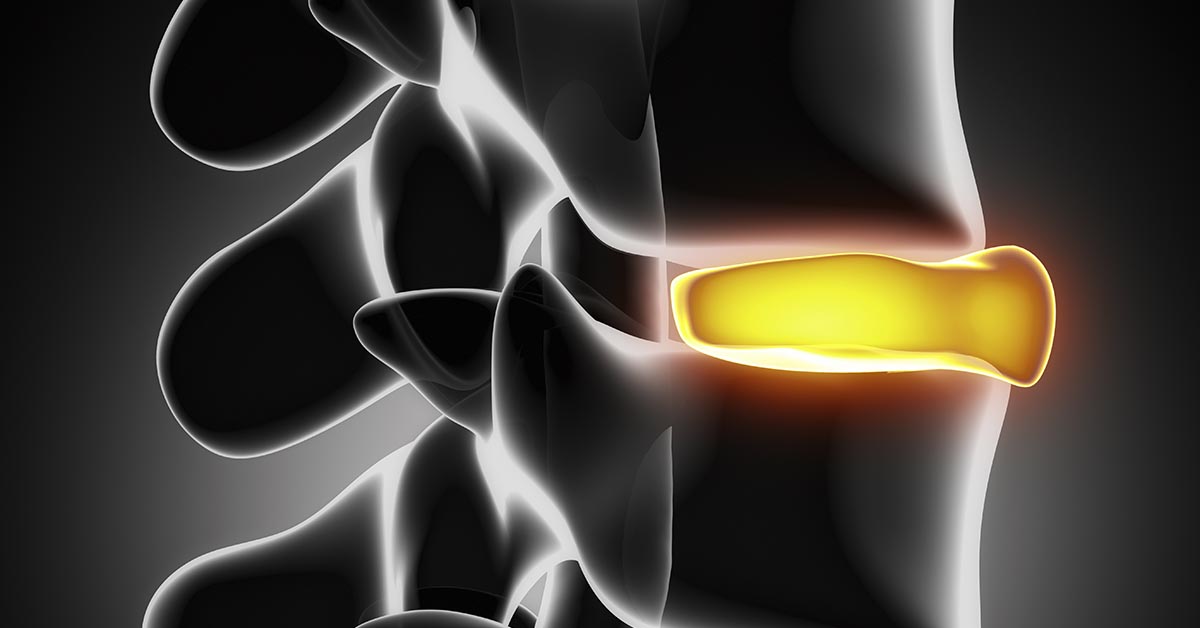 Asthma is a serious issue for many people in St. Petersburg, FL and for society as a whole, truly, since the Centers for Disease Control and Prevention (CDC) reports that this problem currently affects almost 19 million adults and 7 million kids in the US. A full-blown asthma attack likely means a emergency room visit. Fortunately, Dr. Kristin Eloshway-Kidgell has helped many people in St. Petersburg, FL get relief from asthma symptoms.
Asthma is a serious issue for many people in St. Petersburg, FL and for society as a whole, truly, since the Centers for Disease Control and Prevention (CDC) reports that this problem currently affects almost 19 million adults and 7 million kids in the US. A full-blown asthma attack likely means a emergency room visit. Fortunately, Dr. Kristin Eloshway-Kidgell has helped many people in St. Petersburg, FL get relief from asthma symptoms.
The scientific literature confirms what we see in our office. For instance, a paper published in Clinical and Experimental Allergy assessed 31 adult asthma patients after receiving four weeks of chiropractic treatments. The authors reported that the patients who received chiropractic adjustments had a 34% decrease in asthma symptoms.
The Journal of Manipulative and Physiological Therapeutics printed another asthma-based study, except this one involved children. In this report, the 36 patients ranged from 6 to 17 years in age and their asthma was considered either mild or moderate in severity.
After 12 weeks of chiropractic care, as a whole, the patients reported a higher quality of life and a lower level of severity. As a bonus, they also indicated that they depended less on their bronchodilator and these positive effects were still being demonstrated one year after chiropractic care was finished.
So, whether you're 9 or 90, if you have asthma attacks, be sure to contact Dr. Kristin Eloshway-Kidgell in St. Petersburg, FL and make an appointment today. We'll do what we can to help you breathe easier!
Studies
- Asthma. Centers for Disease Control and Prevention.
- Bronfort G et al. (2001, July-August). Chronic pediatric asthma and spinal manipulation: a prospective clinical series and randomized clinical pilot study. Journal of Manipulative and Physiological Therapeutics;24(6):369-77
- Nielsen N et al. (1995, January). Chronic asthma and chiropractic spinal manipulation: a randomized clinical trial. Clinical and Experimental Allergy;25(1):80-8



Dr. Kristin Kidgell